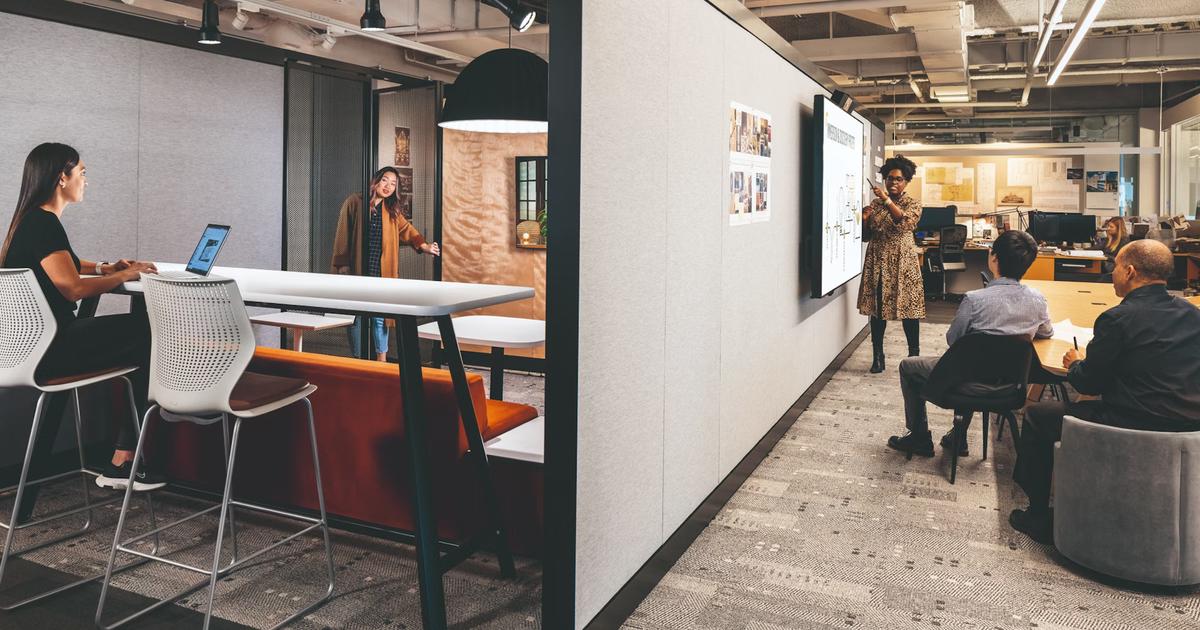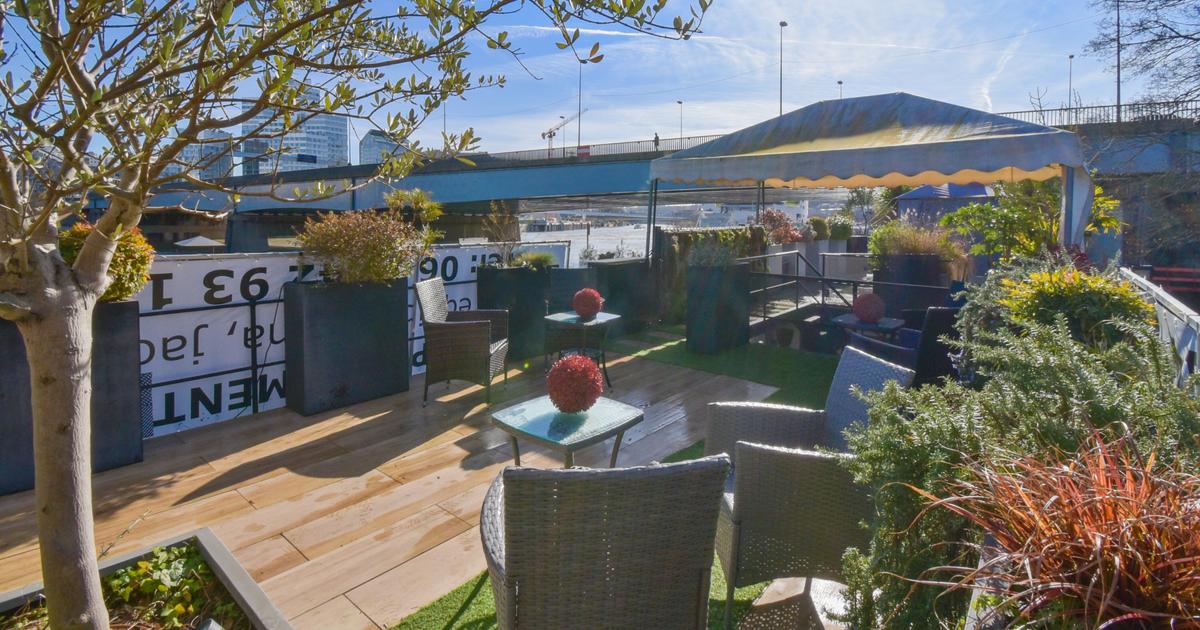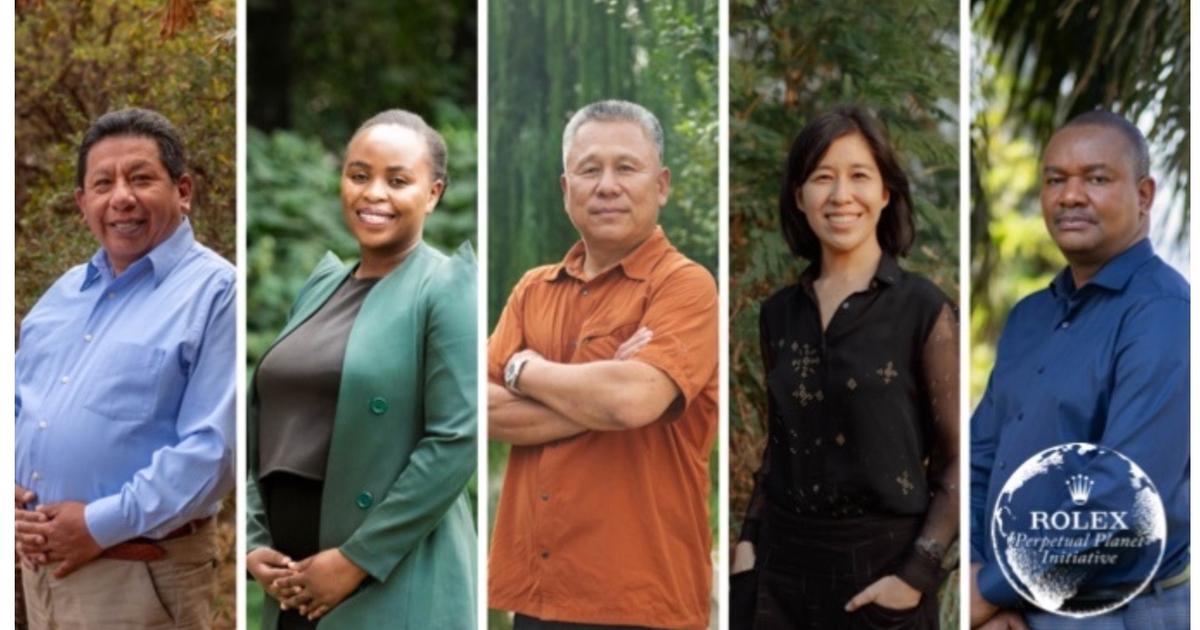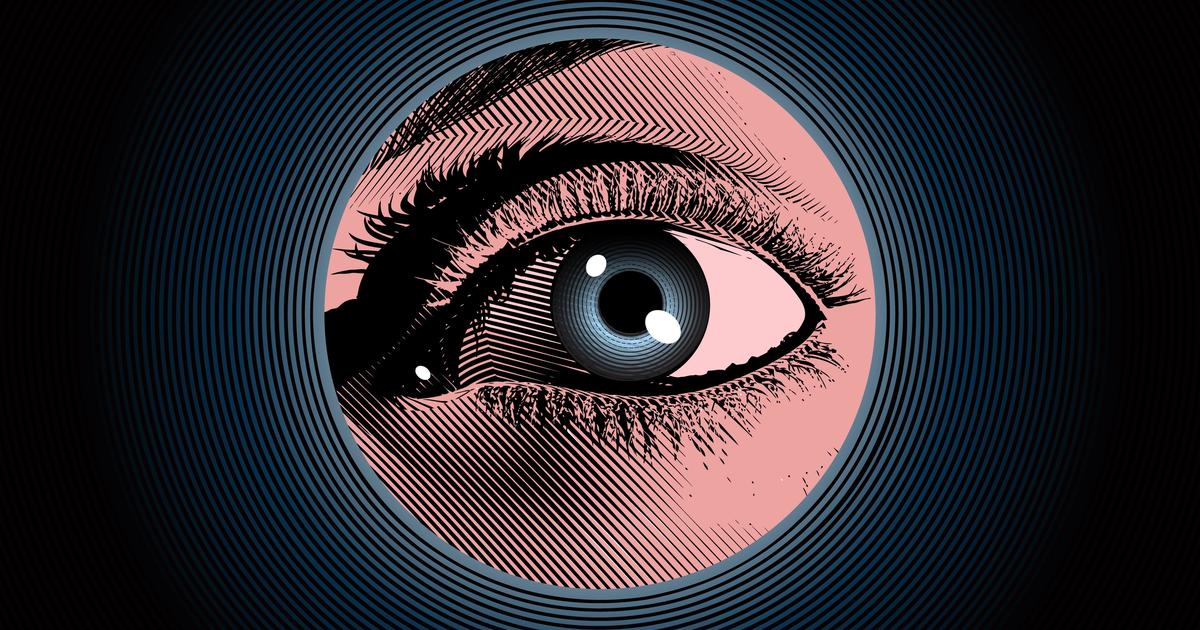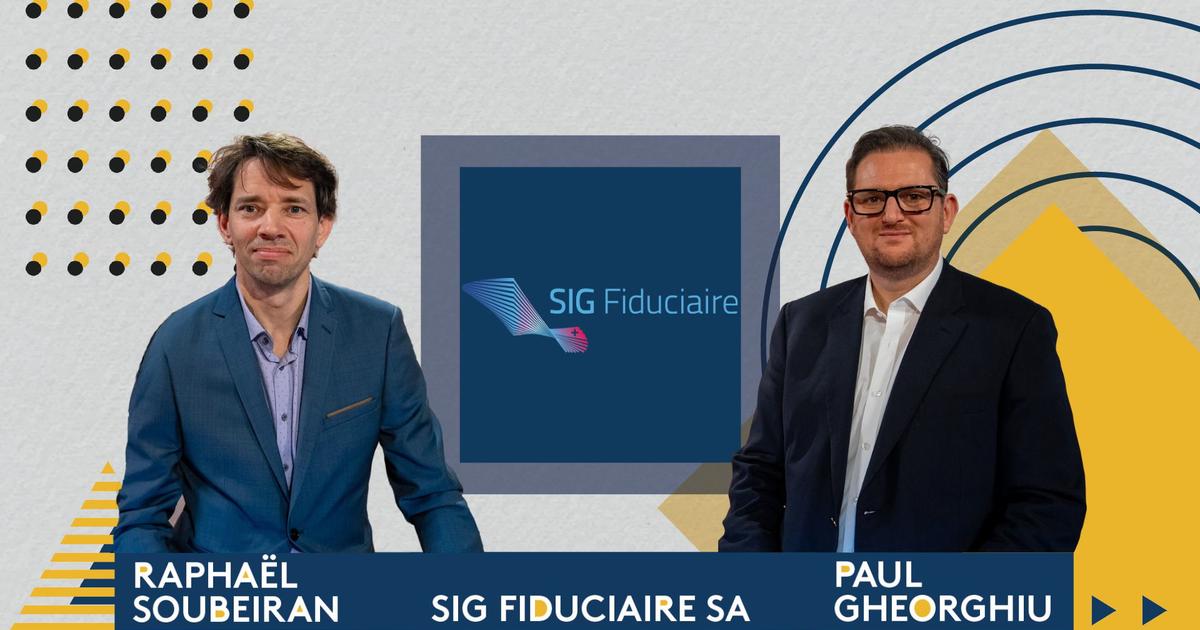Towards Tu Beshavat: employees who decided to promote the green agenda in their workplaces (Photo: ShutterStock)
Next week we will celebrate Tu B'Shvat, the holiday of fir trees which in recent years has become not only a symbol of planting trees, but also a holiday of sustainability and maintaining the agenda of environmental quality.
The topic of sustainability and environmental quality has occupied many people in recent years. Garbage at home, throwing every kind into the right bin and other small habits that we have adopted over the years. However, there are those who hold the issue so close to their hearts that they decided that personal, domestic or family change was not enough - and worked to change their habits in their workplaces as well.
We went out to meet some of them - they They may not save the planet, or stop the greenhouse effect on their own, but they are an example that even massive global changes can start with a small initiative.
Inbar Medina and Rowan Alkarnawi, Sodastream (Photo: Shirin Alkarnawi)
Second hand boutique, Sodastream
"An employee approached me and said she had the child's equipment - clothes, shoes, toys - that were no longer in use. She asked if I knew any of the employees who might need it," says
Inbar Medina, head of community relations and visitor center at Sodastream's operations site in the south
.
"The issue of sustainability and green living is very close to my heart. Even in my personal conduct and household routine, I try to be better towards the environment. When the employee contacted me, I actually realized that there is potential for something bigger here."
What came to your mind?
"The idea was to establish a second-hand boutique store at our operating site. I approached my manager at the time, and to my delight both he and Sodastream picked up the gauntlet and allocated a budget to set up a store. Even the name - Stream Market - was chosen by the employees.
To the second-hand boutique, the employees can actually bring personal equipment that is no longer used, and other employees who need it can simply come and take it without paying.
What is amazing about this story is that there is actually a circular economy here, that the equipment finds a new home with another employee and continues on its way.
It is also very much in line with Sodastream's agenda."
The store was established (not coincidentally) on 2/22/22, to further emphasize the second-hand issue. "Soon we will be celebrating a year," Medina says. "Today you can find Everything: women's/men's/children's clothes, shoes, books, toys.
During holidays or such and such peak events we also use this platform to make exchanges.
Now, for example, in preparation for Purim, we issued a call to bring costumes, which is the most one-time thing there is.
Workers can come, change and enjoy.
In September, towards the beginning of the school year, the employees brought bags, pencil cases in excellent condition, and other employees could use it.
We have over a thousand people here on the site.
The store is very active and even gaining momentum.
Now we also open it for a few hours in the night shift, for the benefit of those who work at night.
There is a worker in the store dedicated to this initiative, Ravan Alkarnawi.
She runs the store, gives service to those who come, sorts the equipment that arrives, sends some of the things to the laundry.
Some of the things we also donate to Wicho in Be'er Sheva or to the association in Berhat."
More in Walla!
B-Cure Laser in an experience sale at an unprecedented and exclusive price
Served on behalf of B Cure Laser
Intel employees.
From right to left: Noga, Efrat, Adi and Chaim (photo: Noa Bardogo)
"Etgar 22" and clothes swap party, Intel
"Fortunately, in the group I work for, there is an option to express the things that are close to your heart and work with our 'Pashan,'" says
Noga Ben-Artzi Wilder, coordinator of community relations and corporate responsibility at Intel.
"I have been a vegan for almost six years, a vegetarian for over a decade, and one of the reasons for this is the environmental pollution caused by the meat industry, the most polluting industry in the world.
When I was released from the army, I tried 'Etgar 22,' an initiative of the Animals association, during which they try a plant-based diet for 22 days. Since then I Vegan. I thought about creating a group of employees at work who are interested in reducing the consumption of animal food."
How do you raise such an initiative?
"First of all, I introduced 'Challenge 22' to our volunteering system. It was a new definition, because until now volunteering was, for example, packing food packages. Suddenly being vegan also became volunteering in terms of contributing to the environment and animals. At first, people might have found it a little difficult to accept this As volunteering, because this is not the classic volunteering, but I think that with our outreach and with the understanding of the importance of the issue, there were positive reactions to the challenge, especially among people who care about the environment. The first challenge was held about a year ago and it was very successful. Since then, we have done ten rounds, and over 150 employees have experienced it ".
Another initiative that Ben-Artzi Wilder took part in is the organization of clothes swapping parties.
"The goal here is twofold: to also contribute to the environment by promoting a circular economy, and also to donate to several associations the clothes left at the end of the party," she says.
"In this initiative I was a partner with other employees, among them Regev Zeid, sustainability leader at Intel, and Karin Wasserman who works with me."
"There have already been four parties like this, in two beats. A summer party in Haifa and Petah Tikva, and just recently we held another party in Haifa and a party in Jerusalem. These are parties with music, and there are also videos about the consequences of the textile industries. A week before the party, employees bring clothes they don't need to designated positions on campuses , as long as they are of excellent quality. The organizing team hangs everything on hangers, arranges the space of the room, creates a party atmosphere and then the workers come and can take as many clothes as they want, provided they actually use them. There were more than hundreds of clothes at each party, endless clothes. In the session we did in the summer, we were helped by the 'dressing team', a project that works to raise awareness of the damages of the fashion industry and their impact on the environment."
Did the employees cooperate?
"Sometimes the workers didn't really understand that there was an environmental act. In other words, they said: 'I gave, but I don't want to take something else for myself, it's better that the person who needs it takes it.' . But even those who initially came skeptical, then thanks to our explanations left in the end with bags."
Oren Weil (left) with his co-workers.
Applied Materials (Photo: Applied Materials)
Reusable utensils in cafeterias: Applied Materials
"I am a member of the Green Team - a voluntary group of employees who want to promote environmental initiatives in our organization," says
Oren Weil, an equipment support specialist at the high-tech company Applied Materials.
"The group's team includes about 40 female and male workers from different departments, all of them people with a green agenda who are interested in driving important processes in the work environment. As part of the global trend and the clear need to stop using disposable tools, we set ourselves the goal of removing all disposable tools, Cups, plates, cutlery from the cafeterias."
Tell about the process.
"There are about 3,000 people in the organization who use the cafeterias. You can't even imagine the number of disposable cups that were used in a day. These were ridiculous numbers. That's why it was a deep change of mind and organization. The transition started as a pilot and gradually entered the many cafeterias throughout the campus. Already For over a year, all the cafeterias in the organization are 100% reusable following the initiative of the employees. The process required evaluations, equipment and financial investment, of course. This included, among other things, the purchase of a huge amount of glass cups, dishwashers, and also an internal organizational communication campaign in cooperation with the Tzul association who will advise throughout the process."
Did the employees cooperate?
"The employees are not the ones who have to wash their cups. There is a collection station for reusable cups, whoever wants to bring their own cup there. There is also a maintenance team that helps collect the cups from the tables and makes sure to run a dishwasher several times a day. I have not come across a situation where there was no cup available and clean to use. Each employee is also given a personal glass cup. The whole environmental issue is close to my heart. I have a composter at home, we don't use disposable utensils at home. It's fun and a pleasure for me to be a part of this process of switching from disposable to reusable in the workplace."
How do you deal with the packaging that comes when you order food from outside?
"For the past few weeks, we have a new project in collaboration with the Tamir recycling corporation. Each cafeteria also has orange bins for disposing of packaging, so it doesn't become a burden on the planet and goes to recycling. We have been engaged in advocacy on the issue, and it is percolating."
Ran Perry next to the recycling bins, Motorola Solutions (Photo: Motorola Solutions Israel)
Waste separation and garbage recycling: Motorola Solutions
"It started during the Corona period. We were at home, the various packages accumulated, and we became much more active inside the house regarding recycling," says
Ran Perry, director of project management and architecture at the development center of Motorola Solutions
, Israel.
"When we returned to work in the offices, I thought there was no reason not to apply what I started doing at home in the offices as well, when the scope is of course much larger. At home we are a single digit number, at work there are hundreds of employees, so the challenge is also different. The employees would order meals mainly through deliveries Or take-away. The amount of disposable bags and packaging that accumulated made me want to make some kind of change."
What was your next step?
"I spoke with our employees, I saw that there was interest. To promote this issue, I contacted Gal Yelin, who is in charge of safety, health and the environment in the company. There were other employees who probably contacted him, and he said that he knew this desire, he cooperated, the company's management was positive regarding the initiative, and a move was made to place recycling bins in collaboration with the 'Social Green' project. About a month ago, several recycling bins were placed in the company according to different categories: packaging, boxes, bottles and general waste. On each recycling bin there is a clear explanation of what can be recycled in this bin and what cannot be recycled in it These bins are in addition to the recycling bins that were already there for batteries and office equipment. Placing the recycling bins is an example of a small effort that makes a big difference."
Have the employees gotten used to it yet?
"As soon as there is order and it's clear to the employees which bin is for what and they don't have to stand in front of the bin for an hour debating which bin to throw in, then there shouldn't be a problem. It's also important to explain to the employees that in the end there is a real recycling of this trash. That's why we also bring in people to explain how it actually works The cycle chain, and not just the separation of the waste in the bins themselves."
Daniela Shmol and two members of the ICL Sodom site team (Photo: Knesset Spokesperson, Public Relations)
The environmental salon: Ether Sodom, ICL
"I was exposed to everything that happens on Earth, and I feel that our commitment is to protect the environment for those who come after us," says
Daniela Shmol, human resources manager at ICL's Sodom site
.
"At home, I have removed the disposable, I come to the supermarket with reusable bags, donate more clothes than throw away clothes. I am very connected to this issue of environment, community and volunteering."
How does this manifest itself in your workplace?
"The year 2022 was a year of sustainability for us, and part of the process was to create awareness among the employees on this issue. We were a team of several employees who came up with ideas on how to create awareness on the issue of sustainability and the environment among the employees. We did several projects, with one of the most prominent being the 'environmental salon' - building corners Yeshiva from waste materials. We decided to use our waste and produce all kinds of works of art from it. We called it 'Green art - the environmental living room'. We decided to recycle our waste, use faulty things, reuse them and give a second chance to objects that have finished their function. At the end of 2022 the project was implemented ".
What did you create?
"For example, we created seating areas from damaged wooden floors, we created bar corners from cable rolls, we made umbrellas for this bar from damaged pipes. We even made tanning beds. Colorful corners came out, when everything meets safety criteria and is completely usable. The main components were only from waste, then they painted the The products with special colors. There was an unusual creativity of workers here, I didn't even imagine that this would be the result. Many workers were involved in this project, showed creativity and also felt a kind of commitment, there was great motivation. Now this furniture is going to be donated to the places where we volunteer. There Here is a double profit: both protecting the environment and contributing to the community."
Of money
Tags
environmental quality
There are
Tu Bishvat
Sodastream
Intel
Applied Materials




